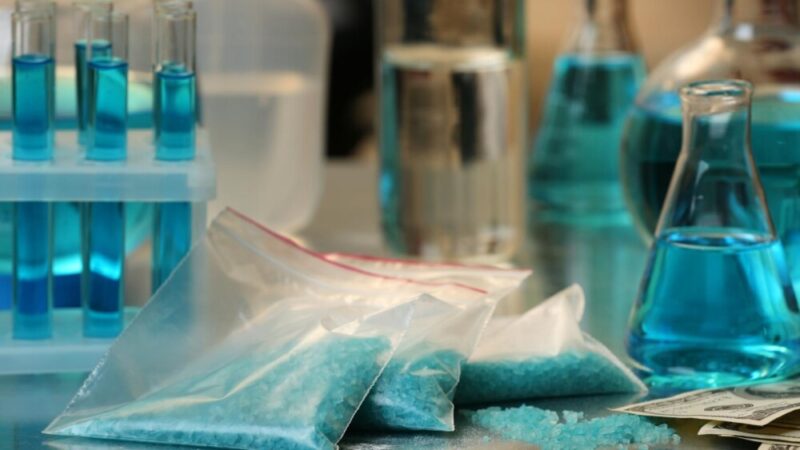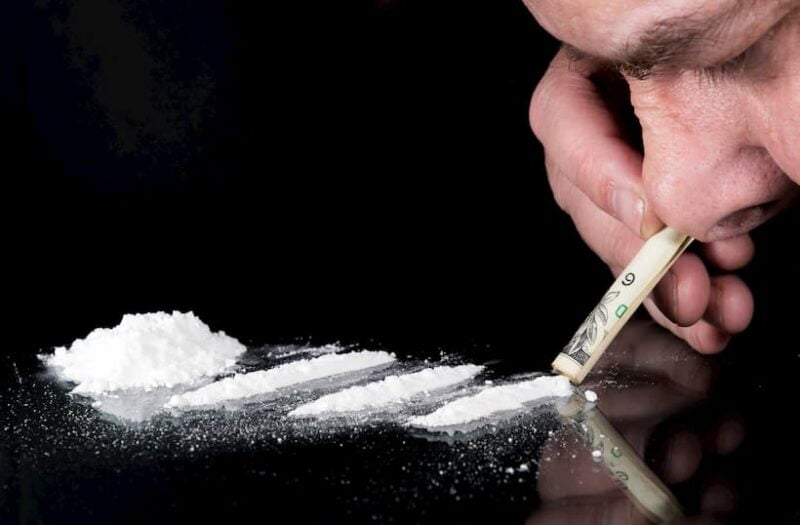Methamphetamine: A Dangerous and Addictive Drug

What is Methamphetamine?
Methamphetamine, also known as meth, is a highly addictive and dangerous stimulant drug that affects the central nervous system. It is a synthetic drug that is typically produced in illegal labs. Methamphetamine can be smoked, snorted, injected, or swallowed. The drug produces a rush of intense pleasure and energy, followed by a period of restlessness, irritability, and paranoia.
Effects of Methamphetamine

Methamphetamine has a number of short-term and long-term effects on the body and brain.
Short-term effects:
- Increased alertness and energy
- Euphoria
- Decreased appetite
- Talkativeness
- Rapid eye movement (REM) sleep suppression
- Increased heart rate and blood pressure
- Dilated pupils
- Blurred vision
- Dry mouth
- Nausea and vomiting
- Sweating
- Tremors
- Anxiety
- Paranoia
- Psychosis
Long-term effects:
- Addiction
- Damage to the heart, brain, and liver
- Mental health problems, such as psychosis and schizophrenia
- Increased risk of stroke and heart attack
- Skin sores and infections
- Weight loss
- Tooth decay
- Nutritional deficiencies
- Cognitive problems
- Social isolation
Methamphetamine Addiction

Methamphetamine is highly addictive. People who use meth often develop a tolerance to the drug, meaning that they need to take more and more of it to get the same effects. This can lead to addiction, which is a chronic, relapsing disease characterized by compulsive drug use despite harmful consequences.
Signs and Symptoms of Methamphetamine Addiction
The signs and symptoms of methamphetamine addiction can include:
- Craving the drug
- Continuing to use the drug despite negative consequences
- Inability to control drug use
- Neglecting responsibilities at work, school, or home
- Isolating oneself from friends and family
- Financial problems
- Legal problems
- Health problems
Treatment for Methamphetamine Addiction
Treatment for methamphetamine addiction typically involves a combination of behavioral therapy and medication. Behavioral therapy can help people learn to identify and change their drug-using behaviors. Medication can help to reduce cravings and withdrawal symptoms.
Preventing Methamphetamine Addiction
The best way to prevent methamphetamine addiction is to never use the drug. However, there are a number of things that people can do to reduce their risk of addiction, such as:
- Avoiding people who use meth
- Staying away from places where meth is used or sold
- Learning about the dangers of meth
- Talking to a doctor about the risks of meth use
Comments